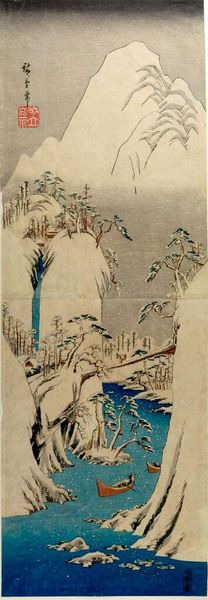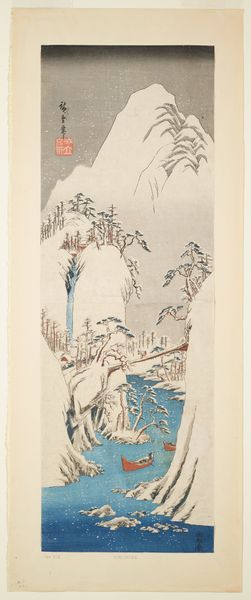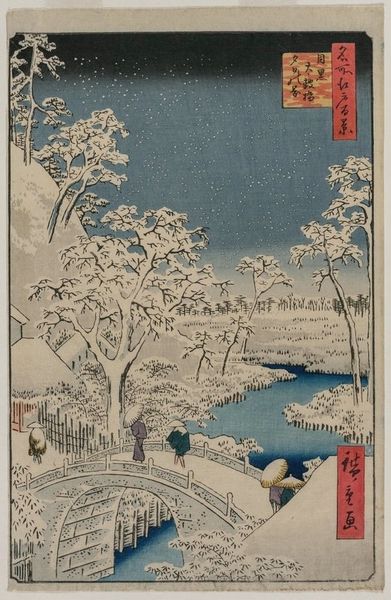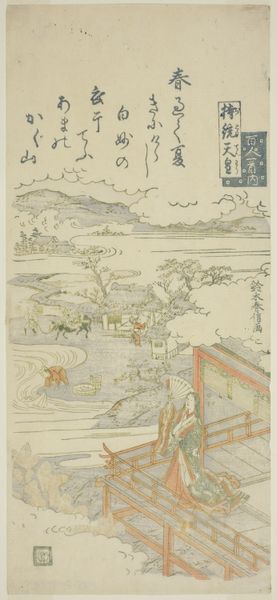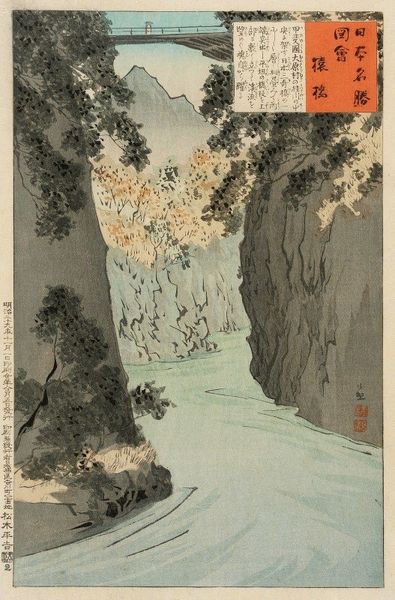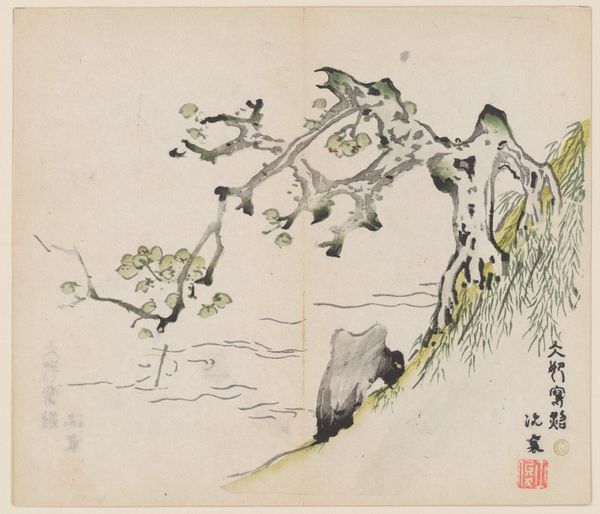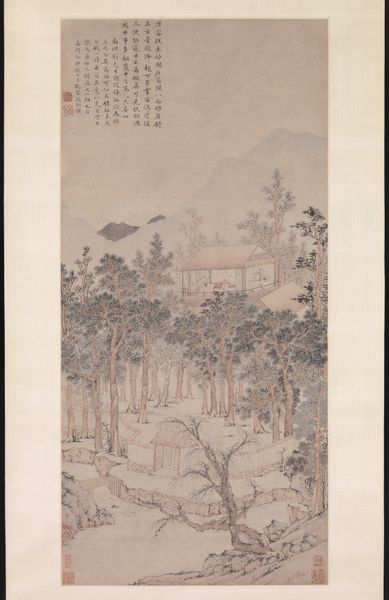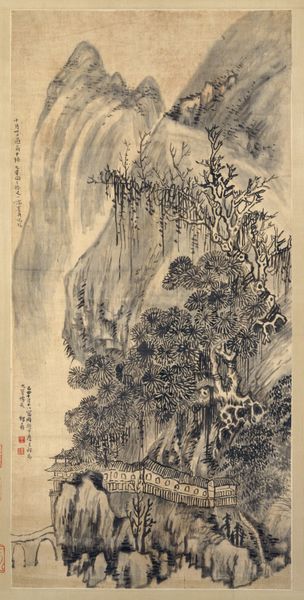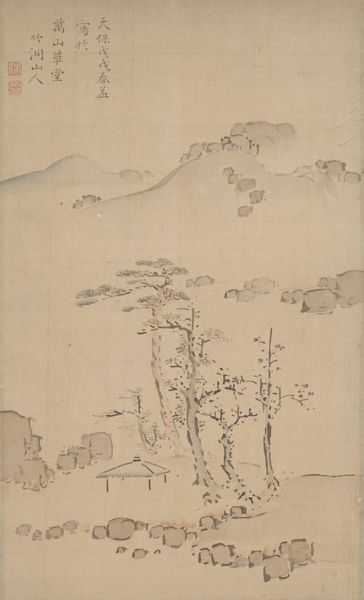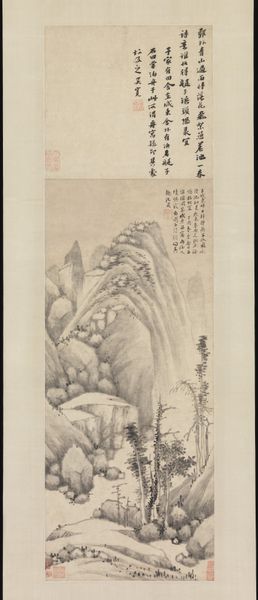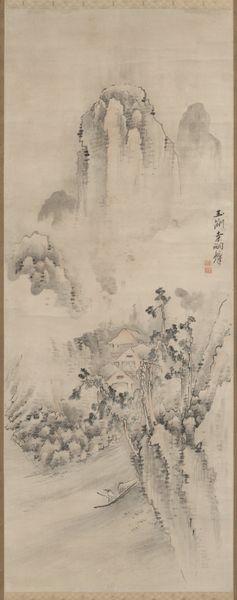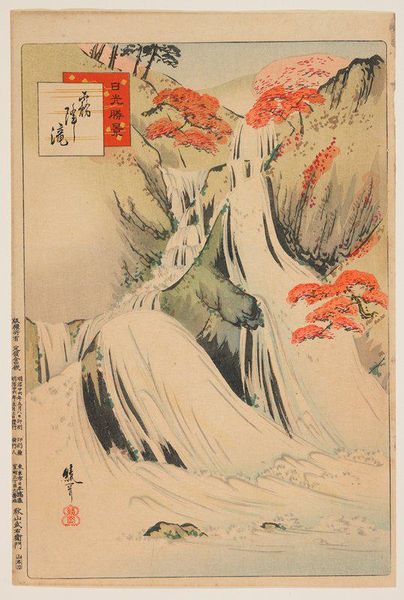
print, woodblock-print
#
water colours
#
ink painting
# print
#
asian-art
#
landscape
#
ukiyo-e
#
woodblock-print
Copyright: Public Domain: Artvee
Editor: Hiroshige's "The Fuji River in the Snow," created around 1841 using the woodblock print technique, is visually striking. The bold contrast of blues and whites creates a peaceful but intense winter scene. What catches your eye most about this piece, and what deeper meanings might it hold? Curator: My eyes are drawn to the contrast between the vibrant red of the boats and the muted blues and whites of the landscape. Red, often associated with vitality, almost vibrates against the snowy backdrop. Does this vivid spot disrupt, complement, or deepen your experience of the composition? Editor: I hadn't thought about the psychological impact of the colours so intensely, but I can definitely see how the red provides an immediate and lively contrast to the overwhelming calmness of the blue and white in the rest of the piece. Do other elements contribute to the feeling? Curator: Consider how water, here depicted in a wintry stillness, symbolizes both change and continuity in Japanese art. Notice how the snow obscures yet defines the mountain, representing both the severity and serenity of nature. The print preserves a fleeting moment in time, while the river continues its journey. The Fuji mountain could further allude to the collective cultural imagination of Japan. Can you detect other symbols that strike you in unexpected ways? Editor: This has totally altered my view; thinking about those visual symbols and their significance in conveying mood, cultural memory, and perhaps emotional states… Curator: Precisely. Hiroshige’s genius lies not just in portraying a scene but in encoding layers of meaning into the symbolic weight of the river, the mountain, and even the delicate falling snow.
Comments
No comments
Be the first to comment and join the conversation on the ultimate creative platform.
